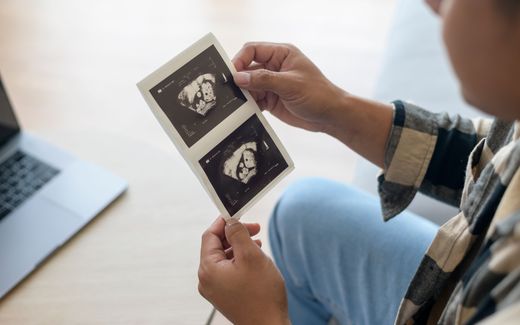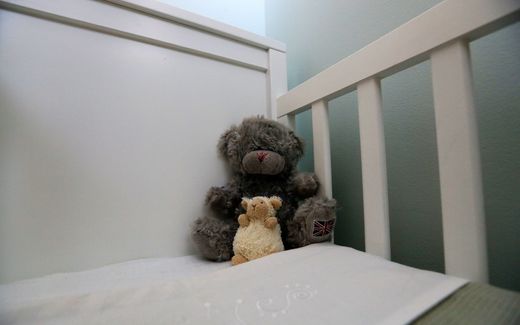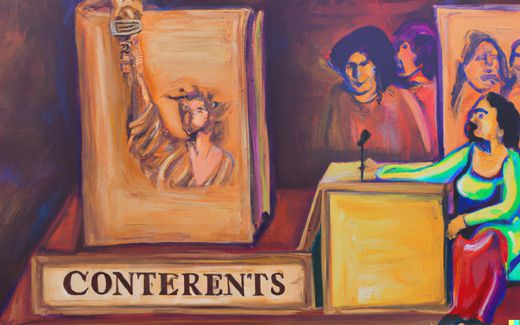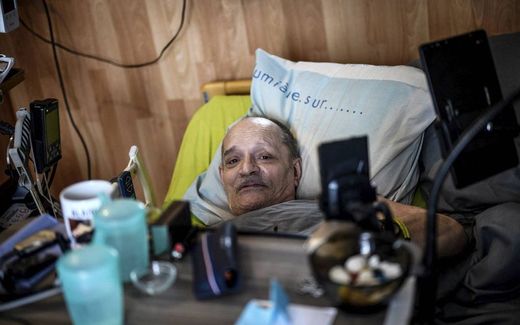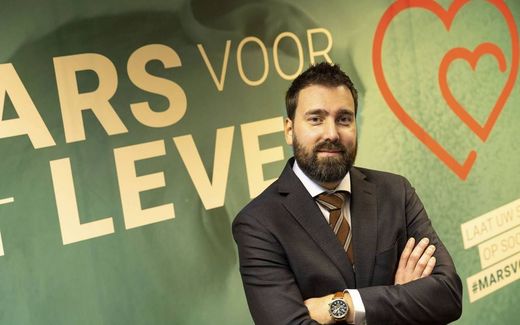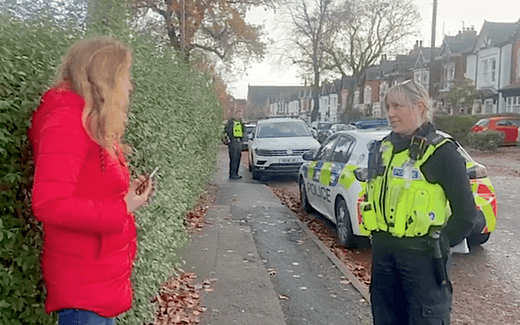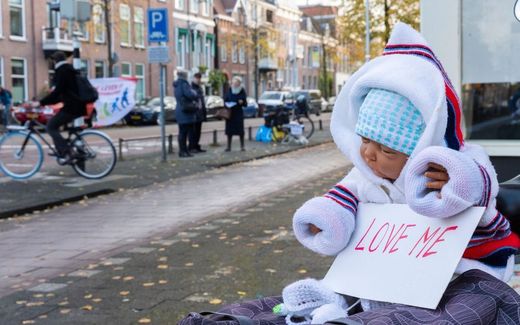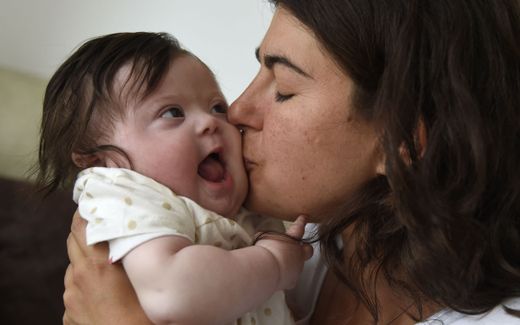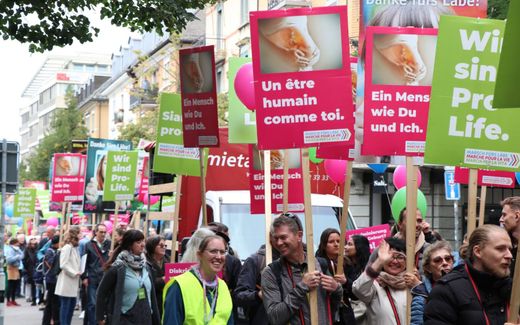Why men matter in the abortion debate
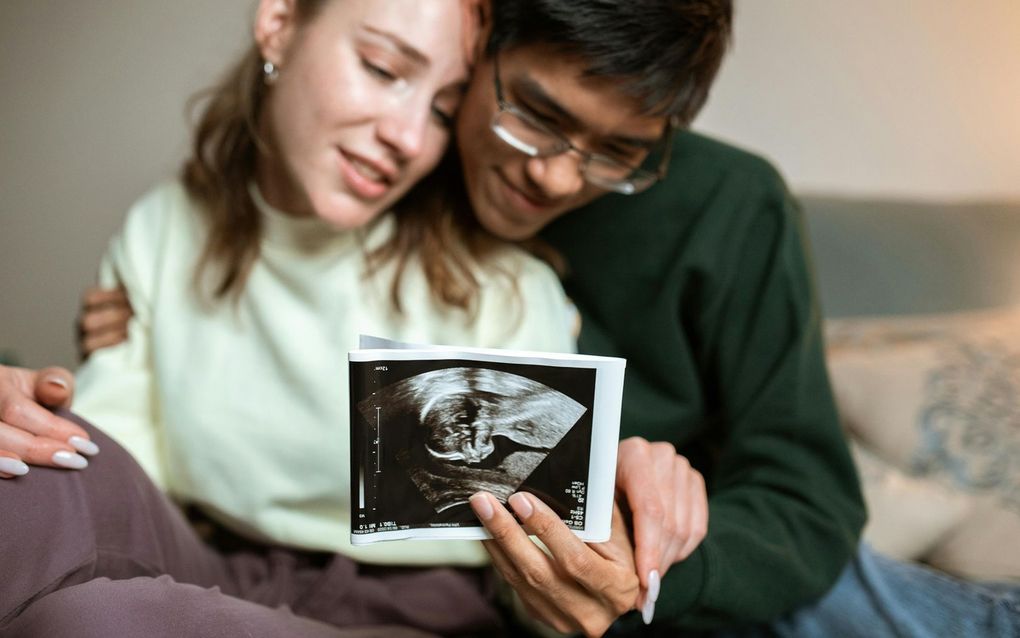
A couple looking at their ultrasound. Photo Pexels,
European Union
When it comes to getting an abortion, many women are faced with slogans such as "my body, my choice" or "no uterus, no say". But what about the fathers-to-be in that relationship?
It turns out these men have more of a say than previously thought. What is more, current research has shown that they can experience devastating psychological and emotional consequences because of a termination. Anger issues, loss of trust and depression are only some examples of what can occur. Although much data has come out looking at the woman's perspective, not much has been known about the man's place in abortion until recently.
The Dutch pro-life organisation, Schreeuw om Leven or Cry for Life published a detailed report last month that discussed the man's role in the event of unintended pregnancy and termination.
Cry for Life also found that societal norms have failed to confront men's emotions after an abortion, and men do not have any rights in unintended pregnancy as the current law stands within the Netherlands.
"Nowhere is it mentioned or even recommended that the man who becomes an unintended father should be involved in the decision-making process," the report says.
Emotional effects
Men do not always appear to show any strong emotions. Is it still possible for them to have emotional issues? The answer is a resounding yes, according to Cry for Life.
The researchers found that these feelings can have profound effects on emotional reasoning in all phases of an abortion. They can present themselves in different ways compared to women.
Chris Horswell, who works as Men's Director for the post-abortion recovery agency SaveOne Europe, is well aware of the psychological and other effects both before and after a pregnancy termination. He has also served in roles that focus on support along with inner healing and restoration after an abortion can take place.
Based on his observations of their counselling sessions, only one man is willing to ask questions or seek help for every thirty women. In counselling with couples, the men have either wanted to keep the child, or they thought a termination was the best move at that time.
However, regardless of the situation, he notes that men dislike being powerless. They can also experience loss, frustration, and powerlessness both before and after an abortion.
Emotions
The Cry for Life report also confirms Horswell's observations. The man may feel relief after the procedure if there are hardships in the equation, such as financial difficulties or relationship issues. However, he is not entirely off the hook. Many men are likely to face other emotions that often get suppressed, especially when the abortion happens without their knowledge.
These include long-term or unresolved feelings of grief along with symptoms like those with PTSD (Post-traumatic stress disorder). Moreover, the report showed that a relationship will likely break up or show distress after a termination. "Relationship stress," Cry for Life says, was often seen when the couple wanted an abortion.
Chris Horswell elaborates on the Cry for Life report, which states that "relationship stress" or break-ups are more likely to occur amid a termination decision. Feelings of grief and depression can also surface years later after a couple decides to have an abortion.
Like an onion, emotional issues can take time to peel back; if those feelings are suppressed, there are often tensions. He adds that many relationship problems usually happen because of a previous abortion, even if it happened a long time ago.
One man he counselled, although many years later, asked forgiveness from his former partner for forcing her to have a termination. The man is now married and has children, but he understands that he must communicate his regret to his ex. Despite his confession years later, the man understood it affected his marriage.
Conflicting feelings
Brita Storlund, a communications adviser at the Swedish pro-life organisation, Människovärde, expands further on the man's place in the abortion process. She explained a situation about a woman named Eleine Eksvärd who wanted to have an abortion despite her male partner's initial happiness about her pregnancy. Eksvärd said to Världen idag that her partner had no say in the decision-making. She decided to have the termination done and later regretted it.
In a country where 95 per cent support legal abortion, Storlund says that much of Swedish society promotes the belief that if there's no uterus, there's no say in making decisions about women's pregnancies.
She elaborated further by citing a Swedish study that investigated men's thought processes in all stages of an abortion. The research showed that the male subjects had "conflicting feelings" about the procedure. Some saw abortion as a traumatic event. Yet, all expressed support for their female partner's termination despite their opposition.
Checking in
While it is true that those men had a supporting role, there was an absence of "confirmation" or checking in regarding their thoughts and feelings.
The study also found that a lack of communication can make matters more complex, as men desire solitude when dealing with their emotions.
"It's necessary for women to communicate what they want and when they want to keep the baby. It's important that men support women and feel safe speaking out when they wish to keep the baby," she says.
Identity challenge
In addition to relationship problems resulting from poor communication, Chris Horswell sees that many of today's men have an identity challenge when it comes to unintended pregnancy and abortion. "We are not seeing the true man or father in action."
Moreover, he observes that many young people in Austria are expressing their identity rooted in fulfilling their own desires.
When it comes to satisfying their needs in love, he has seen both men and women preferring casual hookups or friendships with benefits. "Sex in a relationship doesn't equal commitment," he says.
Overcoming dysfunction
Over time, this can lead to unintended pregnancy and the dilemma of choosing to keep the child (or not). To prevent future patterns of dysfunction, he emphasises that providing practical support and modelling commitment in relationships is very important.
Horswell also says that he has seen the generational influence through the country's past, particularly where family members were raped or killed during World War II or its aftermath.
Sons and daughters often grew up without a father, encouraging further dysfunction in the coming generations. Many families chose not to acknowledge or speak about those events, leaving decades of family distrust and betrayal.
Unresolved wounds
Outside of Austria, Horswell has also seen the effects of these unresolved wounds, particularly when counselling those from the former Yugoslavia. Many women fled from the Balkans and sought security, comfort, and support that Austrian men could give them, Horswell notes.
However, if the women became pregnant, too many men gave them an ultimatum: choose me or the child; you cannot have both.
Unsurprisingly, such ultimatums usually lead to the break-up of the relationship, often stemming from the man's lack of understanding of his true role and identity as the child's father. In such relationships, Horswell has seen the lack of love and support for the woman and no deeper commitment to family and a future together.
So, how should men deal with an unintended pregnancy of their partners? Horswell answers that question: "We need change to take place in our hearts; it is not just a question of the law. The child has a mother and a father. Do not let that decision responsibility rest solely on the woman.
Many of the women who had made a choice for abortion later said that they would have chosen to keep the child if they had heard real commitment and determination from the man. Men, I encourage you to stand up and speak out for your child and fight for its life. Express your heart for life and your relationship".
Related Articles


